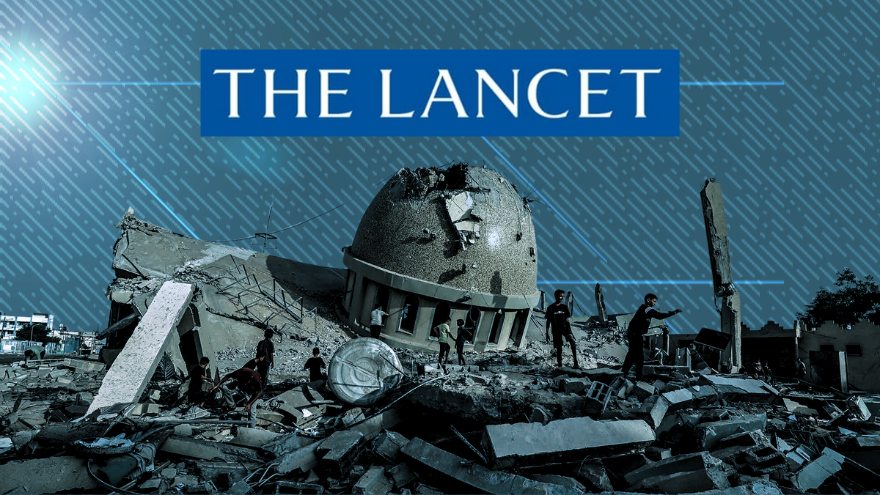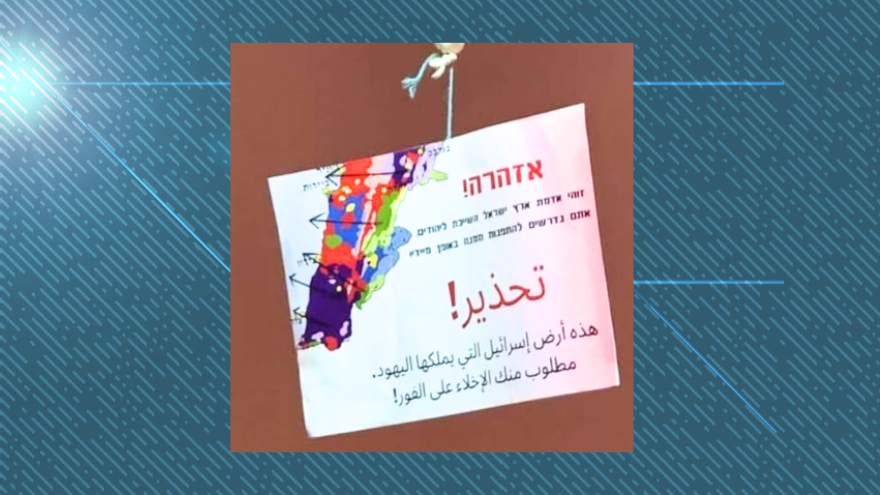This figure accounts for not only casualties directly resulting from armed conflict and aerial bombardment but also indirect deaths from causes including "reproductive, communicable, and non-communicable diseases," according to the report. Significantly contributing to this estimated death toll is Gaza’s "destroyed health-care infrastructure; severe shortages of food, water, and shelter; the population's inability to flee to safe places; and the loss of funding to UNRWA, one of the very few humanitarian organizations still active in the Gaza Strip," the document states. “In recent conflicts, such indirect deaths range from three to 15 times the number of direct deaths,” the Lancet notes. “Applying a conservative estimate of four indirect deaths per one direct death to the 37,396 deaths reported, it is not implausible to estimate that up to 186,000 or even more deaths could be attributable to the current conflict in Gaza.” This estimate was derived from detailed research provided by the Johns Hopkins Center for Humanitarian Health. Using the Gaza population estimate of 2,375,259, “this would translate to 7.9 percent of the total population in the Gaza Strip,” according to the report. Following the Oct. 7 Hamas attack, which resulted in the deaths of roughly 1,200, the Israeli military responded with a campaign that has resulted in:The medical journal The Lancet has published a new report conservatively estimating that the death toll in Gaza could be 186,000 or higher.
Though doubt has been cast on the official death toll because the figures come from the Hamas-controlled Gaza Ministry of Health, historically those numbers have been both correct and deemed reliable by the Israeli military. The discrepancies between the Health Ministry’s figures and independent United Nations analyses have been about 1.5 to 3.8 percent. The mortality figures for the 2014 war varied just 8 percent from Israeli numbers. A report from January shows that the Israeli Military considers the Health Ministry’s mortality numbers “totally reliable.” Notwithstanding the deaths resulting from kinetic conflict, indirect deaths of civilians were not merely accepted as collateral damage, but were facilitated by Israeli officials, who on multiple occasions vowed to deprive civilians in Gaza of food, water, fuel, and other humanitarian aid, acts that are in violation of international humanitarian law, and international charters to which Israel is a signatory. Within days of the Hamas attack, Defense Minister Yoav Gallant referred to all Palestinians — not just Hamas fighters — as “human animals” and ordered a “complete siege” of the Gaza Strip, declaring, “There will be no electricity, no food, no fuel, everything is closed.” National Security Minister Itamar Ben-Gvir said “not an ounce ofg humanitarian aid” would see its way into Gaza, reiterating his view that “the only thin that needs to enter Gaza are hundreds of tons of explosives from the Air Force.” Energy Minister Israel Katz said a week after the attack he “strongly” opposed “the opening of the blockade and the introduction of goods into Gaza on humanitarian grounds,” while equivocating noncombatant civilians with Hamas fighters. “An immediate and urgent ceasefire in the Gaza Strip is essential, accompanied by measures to enable the distribution of medical supplies, food, clean water, and other resources for basic human needs,” states the Lancet article. “At the same time, there is a need to record the scale and nature of suffering in this conflict,” the report continues. “Documenting the true scale is crucial for ensuring historical accountability and acknowledging the full cost of the war. It is also a legal requirement,” the Lancet explains, citing the interim measure set forth by the International Court of Justice (ICJ) in January, which required Israel to “take effective measures to prevent the destruction and ensure the preservation of evidence related to allegations of acts within the scope of … the Genocide Convention.”

